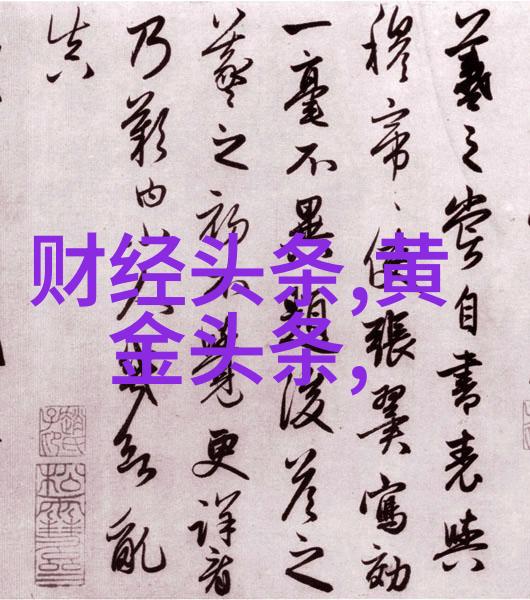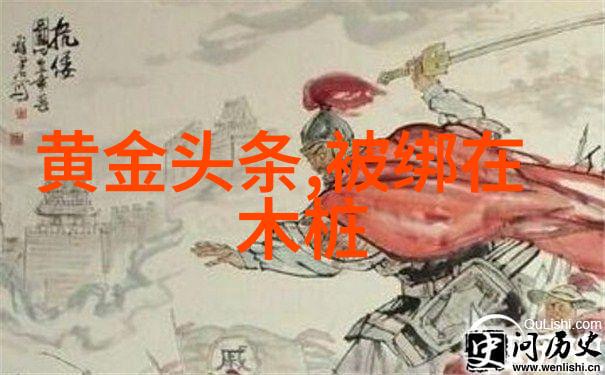木为官古代的道德与政治考量
木为官的道德根源

木为官,源远流长,是中国古代的一种政治理念。它强调的是在公务中保持谦逊和节俭的态度,以此来体现出一种高尚的道德品质。这一理念在儒家思想中占据了一席之地,它认为一个官员应该像树木一样,静默而不自夸,宁愿让他人得益,而不是自己。
木为官与儒家伦理

在儒家伦理体系中,木为官是一种典型的行为准则。在《论语》等经典著作中,不乏对这一理念的阐述。孔子提倡君子应当以身作则,即使是位高权重的人也应保持谦逊,从而影响并教育下属。这一点体现了儒家的“仁”、“义”、“礼”的重要性,它要求人们在社会关系中要有所作为,但又不应过分张扬自己的成就。
木为官与实际应用

如何将木为官这一理论转化为实际操作?这需要官方具备高度的情商和同情心。例如,在处理民事纠纷时,一位真正理解木为官精神的政府工作人员会尽量平衡各方利益,使问题得到妥善解决,而不是为了个人名声或者职务上的利益而牺牲公正。如果能够广泛实践这种方式,那么国家政局就会更加稳定,有助于提升人民群众对政府工作人员信任感。
木為官與現代社會

尽管现代社会已经远离了传统文化,但木為官這種精神仍然具有現實意義。現在很多企業和組織都鼓勵員工展示團隊合作、協調溝通和適應變化等能力,這些都是對傳統「木為」精神的一種延伸。在當今快速變化的大環境下,只有那些能夠恰如其分地發揮作用,並且願意聽取他人的意見並從中學習的人才可能取得長遠成功。
wood as official in the contemporary society

The concept of "wood as an official" is still relevant in today's society, particularly in the corporate and organizational settings where teamwork, communication and adaptability are highly valued. In this context, being like a tree that grows quietly without seeking to draw attention to oneself can be a valuable asset for individuals who wish to achieve long-term success by working collaboratively with others and learning from their experiences rather than trying to dominate or control them through self-aggrandizement or manipulation.
In conclusion, while the specific terminology may have changed over time, the underlying principles of humility, selflessness and service-oriented behavior embodied in "wood as an official" remain essential for effective governance both then and now



